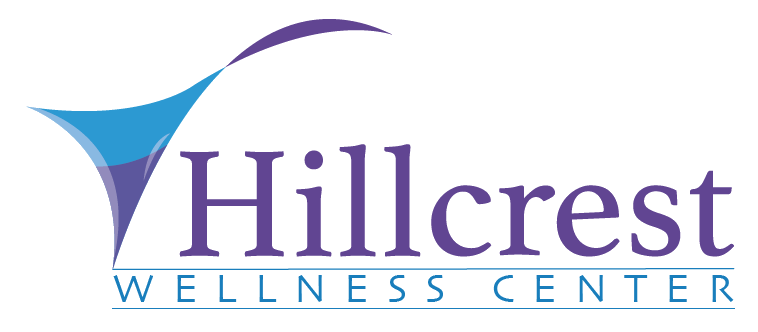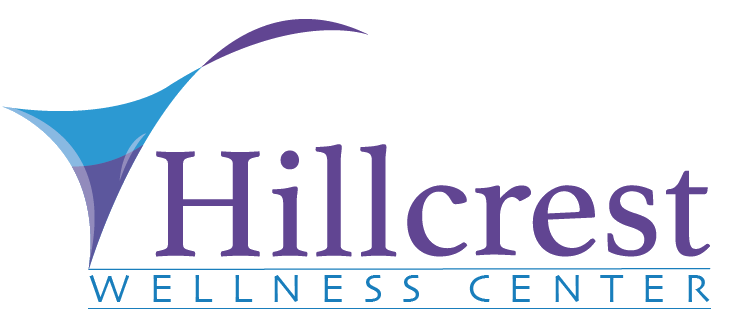Mindful Movement: How Yoga and Stretching Can Improve Mental and Physical Health
In today’s fast-paced world, it’s easy to forget the importance of taking time to connect with our bodies and minds. While many people focus on physical exercise, such as running or weightlifting, mindful movement practices like yoga and stretching offer incredible benefits for both mental and physical health. These practices provide a holistic approach to wellness that can help reduce stress, improve flexibility, and enhance overall well-being.
Whether you're a seasoned practitioner or a beginner looking to add mindfulness to your fitness routine, yoga and stretching are accessible and effective tools for improving both your body and mind. In this blog, we'll explore the many benefits of yoga and stretching, offer tips for beginners, and provide practical advice on how to incorporate mindful movement into your daily life.
The Physical Benefits of Yoga and Stretching
While yoga and stretching are often associated with relaxation and flexibility, their physical benefits go far beyond that. Regular practice can enhance strength, balance, and coordination, all of which contribute to a healthier body.
1. Improved Flexibility
One of the most noticeable benefits of yoga and stretching is improved flexibility. By consistently stretching your muscles and holding yoga poses, you can increase the range of motion in your joints and improve your overall flexibility. This can help prevent injuries, reduce muscle stiffness, and make everyday activities like bending, reaching, and walking more comfortable.
2. Increased Strength
Many yoga poses require you to hold your body weight in various positions, which helps build muscle strength. Whether it's holding a plank pose or balancing in a warrior stance, yoga can strengthen both major and minor muscle groups. Over time, these exercises improve muscular endurance, posture, and overall physical stability.
3. Better Posture
Yoga and stretching promote alignment and awareness of your body. Many yoga poses focus on improving posture by engaging the muscles in your back, neck, and shoulders. Regular practice helps counteract the effects of prolonged sitting or slouching, leading to better posture and reduced strain on your spine.
4. Enhanced Balance and Coordination
Yoga emphasizes balance and coordination, which helps improve stability and mobility. Poses like tree pose or chair pose require you to engage your core and focus on maintaining equilibrium, which enhances overall balance and helps you feel more stable during physical activities and daily tasks.
The Mental Health Benefits of Yoga and Stretching
While yoga and stretching are beneficial for the body, they also offer profound effects on mental health. These mindful movement practices allow you to slow down, focus on the present moment, and relax both your mind and body. Here's how yoga and stretching can enhance your mental well-being:
1. Stress Reduction
One of the primary mental health benefits of yoga and stretching is stress reduction. Both practices promote the relaxation response by encouraging deep breathing and mindfulness. When you focus on your breath and movements, you activate your parasympathetic nervous system, which helps lower stress hormone levels like cortisol. This can create a calming effect on the mind, allowing you to unwind after a stressful day.
2. Improved Mood
Yoga and stretching are known to enhance mood and emotional well-being. Many studies have shown that regular yoga practice can increase serotonin levels (the “feel-good” neurotransmitter), helping alleviate symptoms of anxiety and depression. Stretching, especially when combined with deep breathing exercises, can also help release tension in the body and promote a sense of relaxation and happiness.
3. Increased Mindfulness and Focus
Yoga encourages mindfulness—the practice of being fully present in the moment without judgment. By focusing on your breath and body during yoga or stretching, you can enhance your ability to concentrate and stay present. This increased mindfulness can carry over into other areas of your life, helping you manage distractions and cultivate a more focused, peaceful mindset.
4. Better Sleep
Yoga and stretching can also improve the quality of your sleep. Certain poses, particularly those that promote relaxation and deep breathing, can help calm the mind and prepare the body for rest. By incorporating gentle stretches or restorative yoga poses into your evening routine, you can signal to your body that it’s time to wind down and prepare for a restful night’s sleep.
How to Get Started with Yoga and Stretching
If you’re new to yoga or stretching, don’t worry! It’s never too late to start, and there are plenty of ways to ease into these practices. Here are some beginner-friendly tips to help you incorporate mindful movement into your daily routine:
1. Start Slow and Gentle
If you’re new to yoga, begin with gentle poses and stretches that focus on flexibility and relaxation. Start with basic poses like cat-cow, downward dog, and child’s pose. These movements help stretch your muscles and improve range of motion without overwhelming your body.
For stretching, focus on dynamic stretches to warm up your muscles and static stretches to improve flexibility. Begin with simple stretches for areas like the hamstrings, calves, and shoulders, and gradually work your way to more complex movements as your flexibility increases.
2. Incorporate Deep Breathing
Breathing is an essential part of both yoga and stretching. By practicing deep, mindful breathing, you can improve the benefits of each movement and reduce stress. Try incorporating the following breathing techniques:
- Ujjayi breath (victorious breath): A slow, deep inhale through the nose and exhale through the mouth, creating a slight sound at the back of the throat.
- 4-7-8 breathing: Inhale for 4 seconds, hold for 7 seconds, and exhale for 8 seconds. This technique promotes relaxation.
Breathing deeply during your yoga and stretching practice helps calm your nervous system and enhances the mind-body connection.
3. Create a Routine
To experience the full benefits of yoga and stretching, consistency is key. Start with just 10-15 minutes a day and gradually increase the duration as you feel more comfortable. You can also create a morning or evening routine to set the tone for the day or wind down before bed.
If you're short on time, try doing a quick stretching routine during breaks at work or before bedtime. Incorporating small, mindful movement sessions into your day will help you build the habit and experience long-term benefits.
4. Listen to Your Body
One of the most important principles of yoga is listening to your body. Don’t push yourself too hard or force yourself into poses or stretches that feel uncomfortable. Honor your body’s limits and focus on gradual improvement. Over time, you’ll notice increased flexibility and strength as your practice deepens.
5. Join a Class or Use Online Resources
If you’re unsure where to start, consider joining a beginner yoga class or using online resources such as videos or apps. Many platforms offer guided sessions that provide step-by-step instructions and modifications for beginners. This can help you learn the basics and build confidence as you develop your practice.
Conclusion
Yoga and stretching are powerful tools for enhancing both your mental and physical health. By incorporating mindful movement into your daily routine, you can improve flexibility, strengthen your body, reduce stress, and cultivate a peaceful mind. Whether you're a beginner or an experienced practitioner, these practices offer a simple yet effective way to improve your overall well-being.
Take a few moments each day to connect with your body, breathe deeply, and practice mindfulness. With consistency and dedication, you’ll experience the transformative benefits of yoga and stretching, leading to a healthier, more balanced life.




